What is the rehabilitation for cancer patients after chemotherapy?
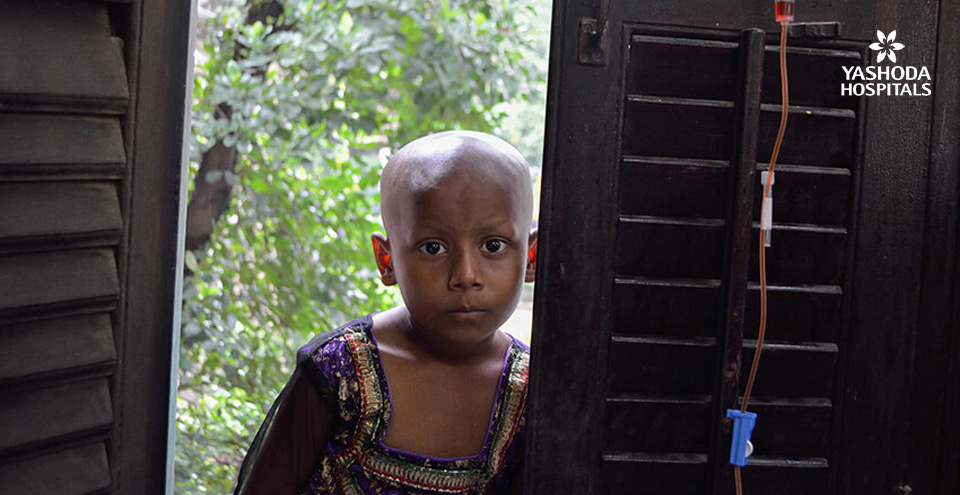
Chemotherapy is a recognized treatment for different types of cancer, of breast, colon, lungs, bladder, colorectal, stomach, germ cell, Hodgkin and non-Hodgkin diseases. In chemotherapy, chemicals or drugs are used to destroy the cancer cells. Chemotherapy stops and slows the growth of cancer cells. As it treats all cells that divide quickly, chemotherapy also harms the healthy cells that line the mouth and intestines.
The side-effects of chemotherapy are seen as fatigue, headache, muscle pain, stomach pain, mouth and throat sores, diarrhea, nausea and vomiting, blood disorders, constipation, and nerve damage that leads to memory loss and sexual problems. In some undergoing chemotherapy, there is appetite loss, hair loss and damage to lungs, heart, liver and kidneys.

While undergoing chemotherapy, the cancer patients need to be aware of certain things, the following safeguards help to make the treatment effective, and ensures early recovery.
- Patients should immediately take action if they have any symptoms of fever, which is in most cases a sign of infection
- If the patient experiences chills and sweats, sore throat, shortness of breath, increased urination, diarrhea, vomiting and changes in the skin and mental status, should report immediately to the concerned doctor
- As germs and infections are a cause of concern in cancer patients undergoing chemotherapy, some simple measures will help ensure health and hygiene of the patient. Keeping the room environment clean, using your own towel and well ironed clothes and washing hands with soap and water help to keep infections/germs away
- The patient should take the medicine on time, and never take outdated medications
- Having an active life viz. going out in public, taking the pet for a stroll, gardening and others
- Quality of the diet is of extreme importance. Uncooked or raw meat or raw eggs is not good for patients undergoing chemotherapy. The food should be well cooked to aid in easy digestion and supply of nutrients to the body.
Recovery and rehabilitation plan after chemotherapy: Recovery and rehabilitation plan after chemotherapy depends on the patient’s general health, side effects experienced, and the type of chemotherapy given. Specific instructions are given by the healthcare professionals. These instructions may relate to the diet, health and hygiene, rest and activity of life.
Regular follow-up tests and visit to doctor’s place helps to keep track and check on how the patient is responding to chemotherapy. The doctor may conduct a physical examination, and recommend for lab tests and imaging tests, as per the requirement of each case. There may be more frequent visits to the doctor initially, but fewer follow-up visits as time goes on.
Each rehabilitation program should help the post chemotherapy cancer patient to lead an active and independent life. It should be able to help with the patient’s emotional, social and work issues. Different specialists are involved in the post chemotherapy phase.
- Occupational therapists suggest ways to improve the patient’s mobility and cope with daily activities
- Ostomy therapist guides the patient living with the stoma or artificial opening between an organ or structure
- Physiotherapist helps in achieving normal levels of mobility and physical activity
- Recreational therapist helps to manage stress, anxiety and depression
- Rehabilitation nurses help patients with quick recovery from physical function
- Social workers and psychologists help patients to cope with counselling, support and financial help
- Speech pathologists help the post chemotherapy patients to regain the strength and flexibility of the face and mouth muscles.
- Vocational rehabilitation counsellors help the post chemotherapy patients to consider work opportunities that are greatly rewarding and offer high level of job satisfaction.




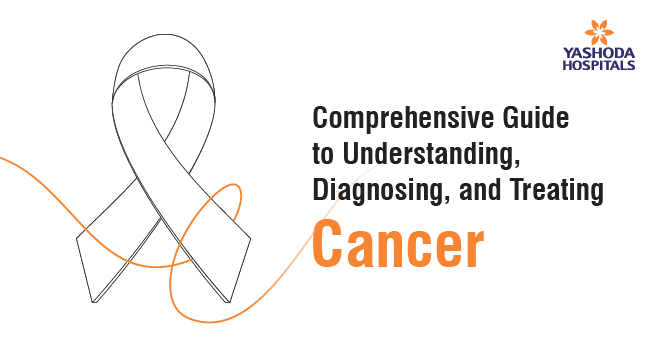
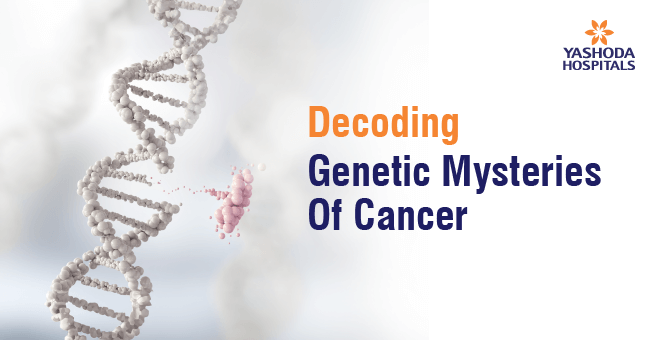
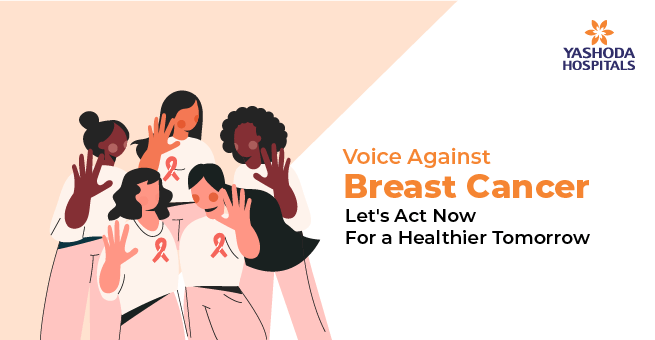
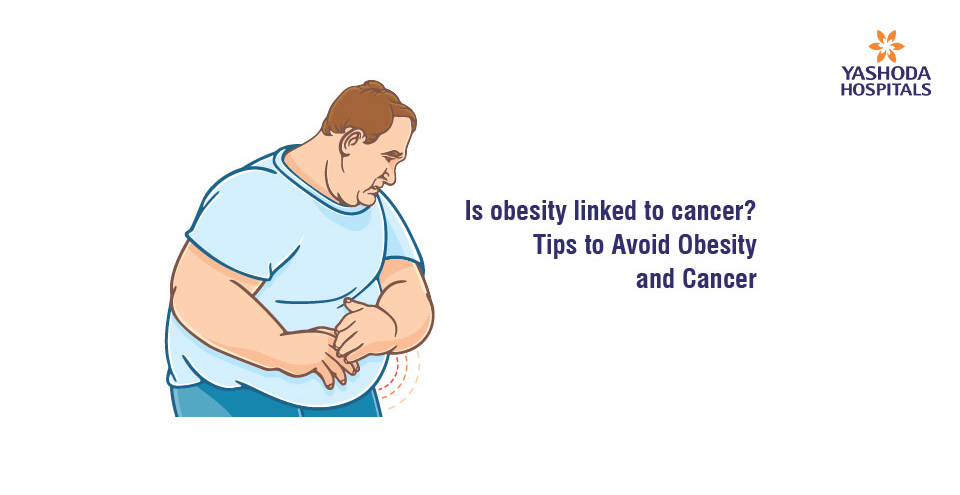
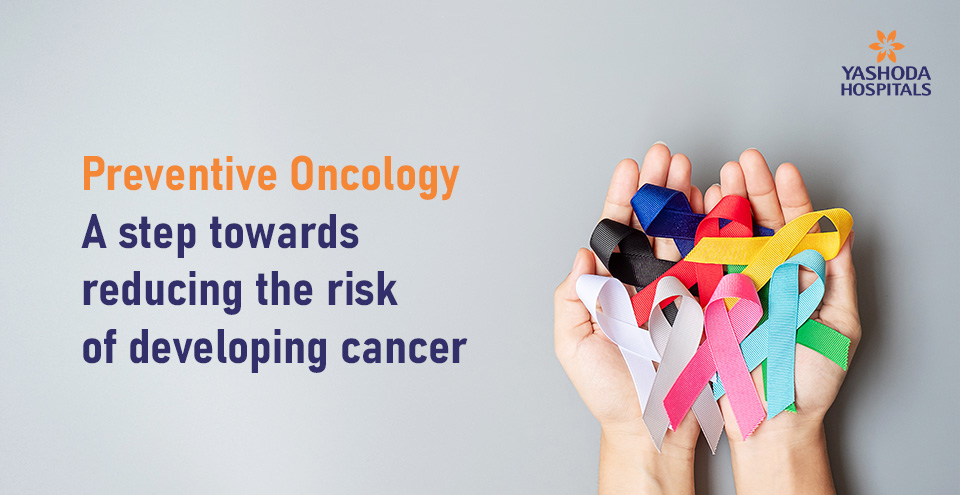
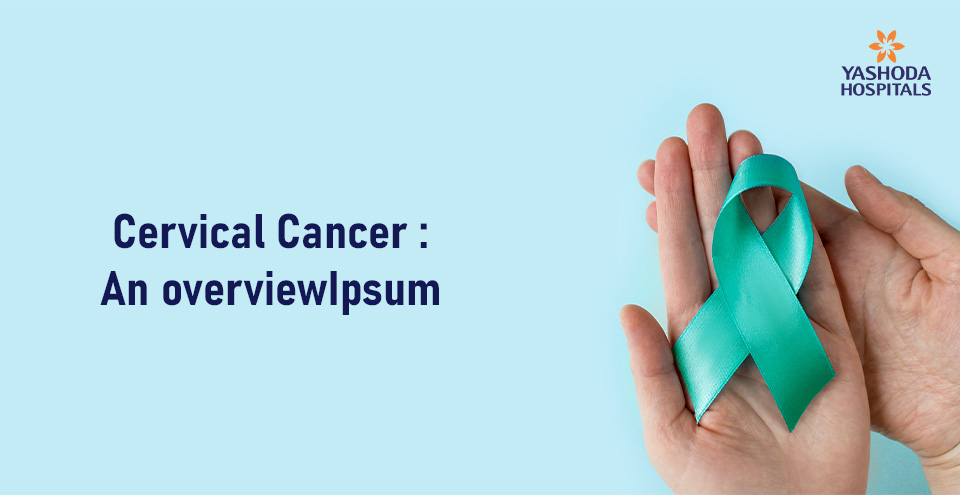
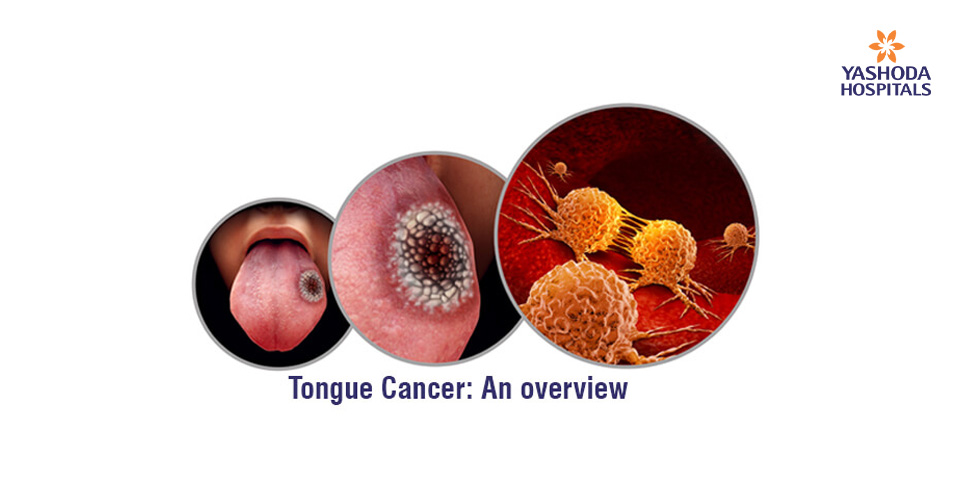
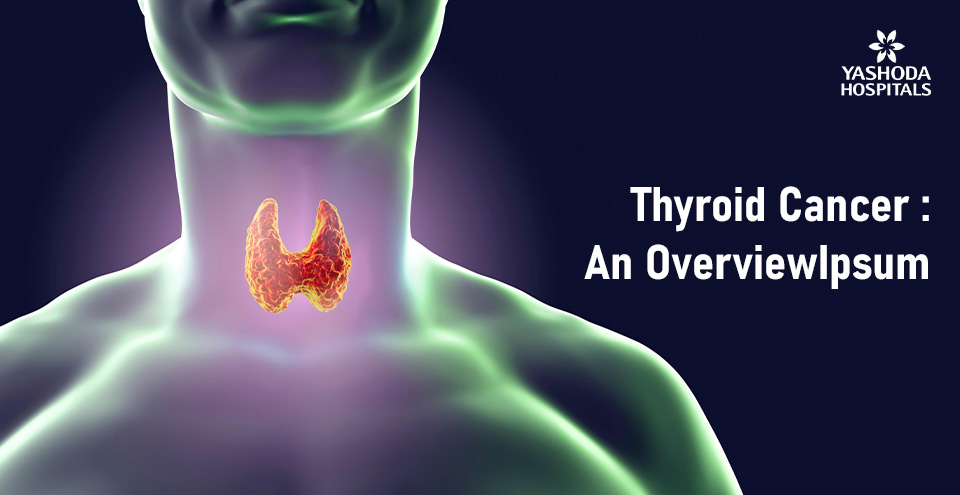
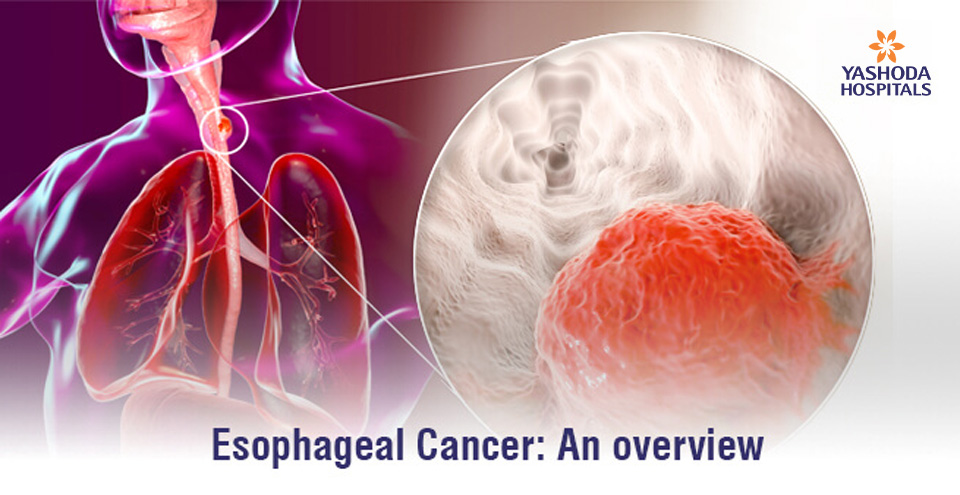
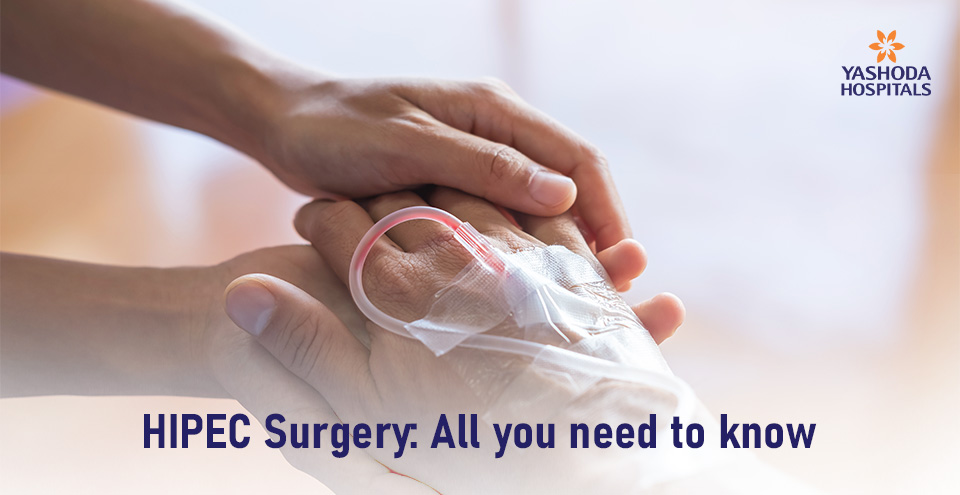
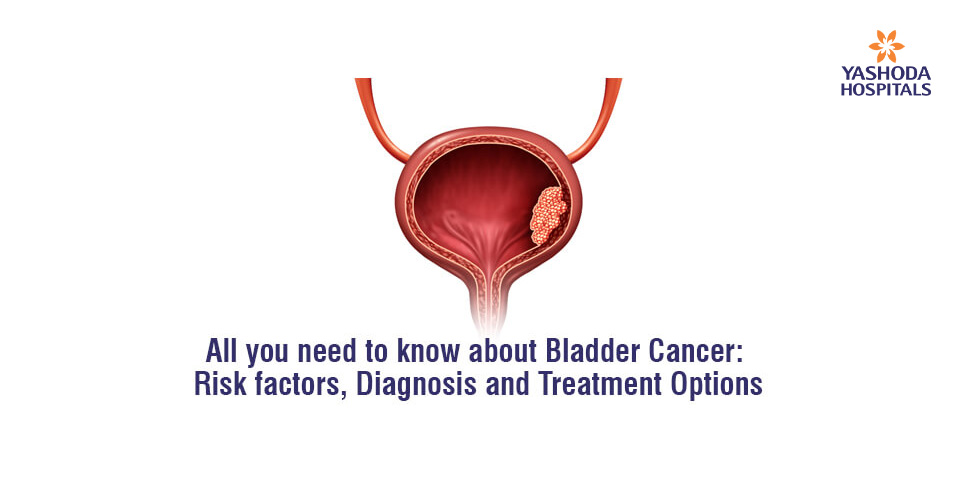



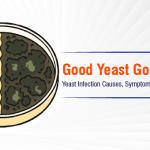
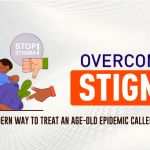
 Appointment
Appointment WhatsApp
WhatsApp Call
Call More
More